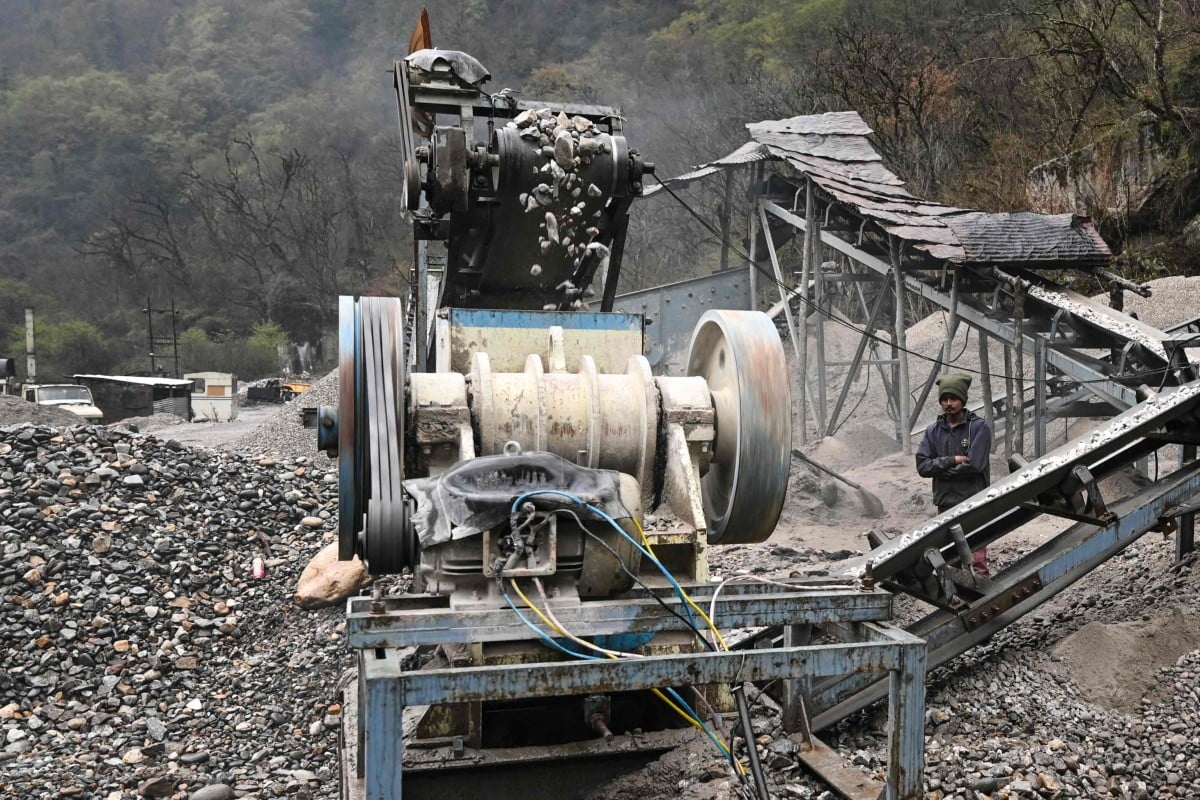(CTN News) – According to two official sources, India intends to invest $1 billion to build 12 hydropower units in Arunachal Pradesh, potentially raising tensions with China, which also claims the region.
According to reports, the federal finance ministry, led by Nirmala Sitharaman, recently sanctioned financial support of up to 7.5 billion rupees ($89.85 million) for each hydropower project in the northeastern region.
According to sources with firsthand knowledge of the situation, the initiative will likely allocate approximately 90 billion rupees to the 12 hydroelectric projects in Arunachal Pradesh.
The strategy is anticipated to benefit northeastern states by allowing them to fund equity stakes in enterprises they host. Having state governments on board often speeds up regulatory clearances, local rehabilitation, and talks to share electricity with the host state.
The plans for the hydropower stations are scheduled to be unveiled in the 2024/2025 federal budget, which Prime Minister Narendra Modi’s government will present on July 23, according to sources who declined to be identified because the information is classified.

Reuters contacted the Indian finance and power ministries and China’s foreign ministry but received no immediate response.
Last August, the government awarded contracts to state-run enterprises NHPC, SJVNL, and NEEPCO for constructing the 11.5-gigawatt-capacity reactors, which will cost an estimated $11 billion, as part of a larger project to enhance border infrastructure.
Neither of the companies responded to a request for comment. These power plants were previously enlisted with private sector corporations but failed for a variety of reasons.
In the last 20 years, India has built fewer than 15 gigawatts of hydropower plants, while new coal and other renewable energy projects have been roughly ten times as large.
In 1962, India and China fought over an unclear 2,500-kilometer border.
India maintains that Arunachal Pradesh is a vital part of the country, but China argues it is part of southern Tibet and has opposed numerous Indian infrastructure projects there.
Following fears that Beijing may build dams on a stretch of the Brahmaputra river, known in China as the Yarlung Tsangbo, which flows from Tibet through Arunachal Pradesh, the Indian government is promoting projects in the eastern region.
India is concerned that Chinese regional initiatives may cause flash floods or water scarcity.
Both countries are attempting to develop infrastructure along their border regions after skirmishes in the western Himalayas killed 20 Indian and at least four Chinese troops in 2020.
Last week, India’s Foreign Minister Subrahmanyam Jaishankar met with his Chinese counterpart Wang Yi in Kazakhstan. The two agreed to intensify negotiations to resolve border issues.
Source: South China Morning Post

Anna Wong serves as the editor of the Chiang Rai Times, bringing precision and clarity to the publication. Her leadership ensures that the news reaches readers with accuracy and insight. With a keen eye for detail,














